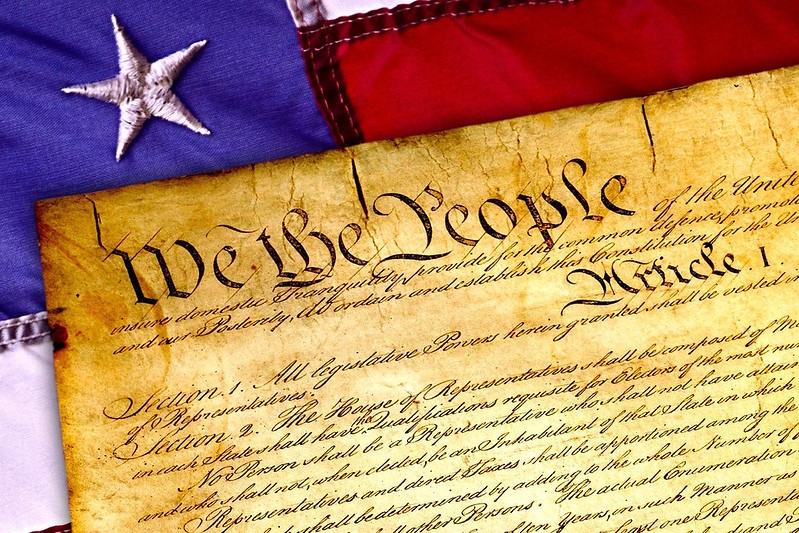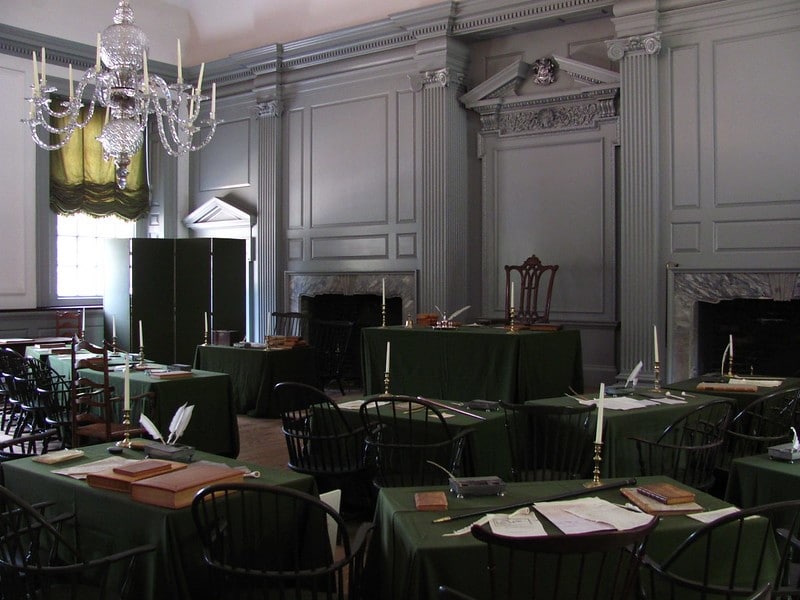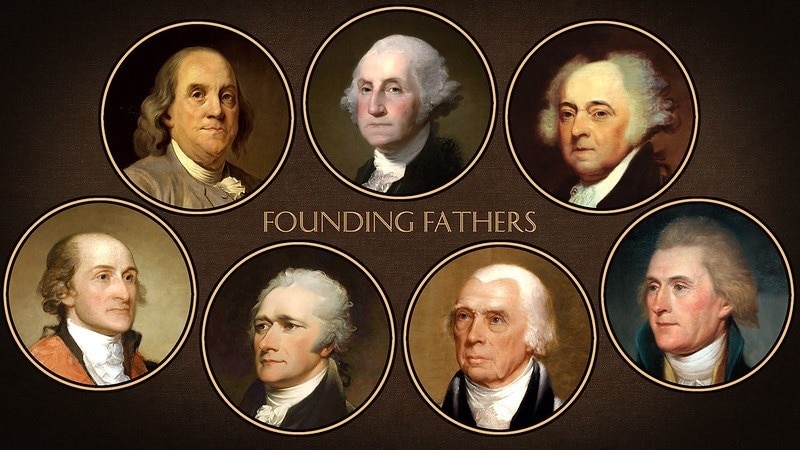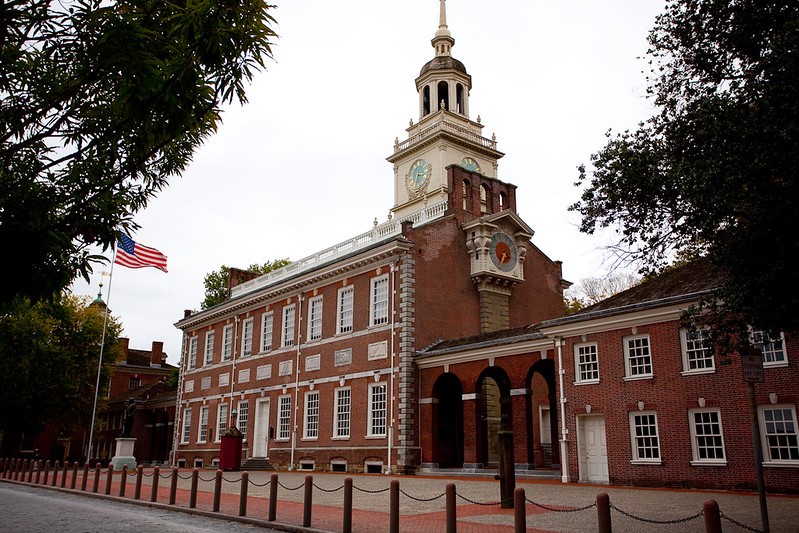
If you listen to political pundits on MSNBC or CNN, you’ve probably heard some variation of the question, “Is Trump a threat to democracy?”
You may have also heard that the Electoral College undermines the people’s will and is a “threat to democracy.” Questioning Trump’s impact or the value of the Electoral College is one thing, but the underlying assumption that there’s an impact on democracy is problematic. Why? Because the United States is not, nor has it ever been, a democracy.
Instead, the Founding Fathers established a republic instead of democracy for a precise reason.

Republic vs. Democracy
In a democracy, eligible citizens fully dictate how they’re governed — everyone who’s eligible votes on proposed laws and regulations, and the majority wins. The minority doesn’t have power or protection from the majority because there’s not a charter or constitution protecting individual rights. Consequently, the majority has absolute power and can impose its will on the minority.
In a republic, eligible citizens vote and dictate how they’re governed, but instead of directly voting on proposed laws and regulations, they vote for representatives who then “represent” their constituents in a governing body. A charter or constitution limits the majority’s will and protects individual rights — a supreme law of the land protecting individual rights, which the majority can’t vote to take away.
There are different forms of democracies and republics. For example, in the Parliamentary Republic, the people elect parliament members, and those members appoint a chief executive (prime minister) who answers to parliament. A Representative Democracy is like a republic in that you vote for representatives who then represent your will in a legislative body. However, the critical difference between a democracy and a republic is that a republic has a written law that protects the fundamental rights of the minority.

Minority Rights
The Founding Fathers understood that in a democracy, people holding different opinions would inevitably form factions. These factions could then seek to pass laws that benefit them at the expense of others. A famous example is the saying that democracy is two wolves and a sheep voting on what’s for dinner.
James Madison called this “the tyranny of the majority” and sought to control the effects of factions by establishing a republic and not a democracy. In Federalist Paper No. 10, Madison argues, “Democracies have ever been spectacles of turbulence and contention; have ever been found incompatible with personal security or the rights of property and have in general been as short in their lives as they have been violent in their deaths. Theoretic politicians, who have patronized this species of government, have erroneously supposed that by reducing mankind to a perfect equality in their political rights, they would, at the same time, be perfectly equalized and assimilated in their possessions, their opinions, and their passions. A republic, by which I mean a government in which the scheme of representation takes place, opens a different prospect, and promises the cure for which we are seeking.”
Madison further argued that a republic is superior to democracy because it guards against the “cabals of a few” and the “confusion of a multitude,” but that even with a republic, individual rights need to be protected by the ratification of the U.S. Constitution, “It must be confessed that in this, as in most other cases, there is a mean, on both sides of which inconveniences will be found to lie. By enlarging too much the number of electors, you render the representatives too little acquainted with all their local circumstances and lesser interests; as by reducing it too much, you render him unduly attached to these, and too little fit to comprehend and pursue great and national objects. The federal Constitution forms a happy combination in this respect; the great and aggregate interests being referred to the national, the local and particular to the State legislatures.”

The Great Compromise
The United States won its independence from Great Britain in 1783, and in 1787, the Founding Fathers signed the Constitutional Convention in Philadelphia, which established a new system of government. Also, at this convention, the Founding Fathers debated how they’d elect a president.
As with democracy, some Founders feared that electing the president through popular vote could lead to electing a president who didn’t respect the rights of minority populated states. Conversely, other Founders feared that allowing the newly established Congress to appoint a president could disrupt the carefully crafted balance between the executive and legislative branches.
The result of the Founders’ debate was the establishment of the electorate, or what we today call the Electoral College. Specifically, the Founders established a system where every four years, states appoint electors that equal the total number of that state’s representatives in Congress. Those electors then cast their votes to elect the president. In this way, the Framers of the Constitution hoped to balance the competing interests of large and small states.
Protecting Checks and Balances
The Founding Fathers ratified the U.S. Constitution and established a republic, not a democracy, to form a more perfect union. More importantly, they did this specifically to protect individual rights and prevent the tyranny of democracy.
Consequently, understanding the difference between a democracy and a republic is essential when engaging in debates over U.S. politics.









